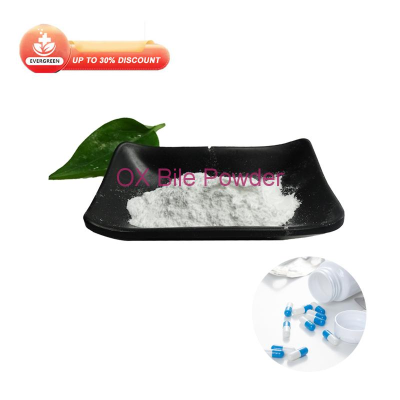Artificial cells mimic the environment that natural cells perceive
-
Last Update: 2021-02-26
-
Source: Internet
-
Author: User
Search more information of high quality chemicals, good prices and reliable suppliers, visit
www.echemi.com
a team of researchers at Imperial College has successfully developed a new type of artificial cell that mimics and reacts to chemical changes in a natural cell's perceived environment, according to the official website of Imperial College. If mature in the future, this technology can be widely used in biotechnology and other fields. The results have been published recently in the
National Journal of Science and Technology.
have long held high hopes for artificial cells. Compared to simple synthetic structures, relatively complex artificial cells can be more environmentally sensitive and perform a variety of tasks, such as delivering drugs, tracking cancer cells, detecting toxic chemicals, and improving diagnostic accuracy.
, however, natural cells themselves have the ability to respond to external chemical changes, a complex process that has been seen as an engineering challenge, with artificially designed cell "replicas" that are difficult to precisely regulate.
, the Imperial College team successfully completed the experiment: the new artificial cells they cultured were able to sense and react to chemical signals outside the cell by activating an artificial signaling path inside the cell. Experimental results show that these artificial cells can sense changes in calcium ions and show their response to them in the form of luminescence.
, according to the researchers, the process by which artificial cells react to chemical changes is much simpler than that of natural cells, making it easier for scientists to regulate them.James Shindley of Imperial College Uk, the lead author of the
study, says artificial cells now have good applications, such as creating artificial cells that can sense tumor markers and synthesize drugs in the body, or artificial cells that can sense dangerous heavy metals in the environment while releasing spongy substances to remove them.
This article is an English version of an article which is originally in the Chinese language on echemi.com and is provided for information purposes only.
This website makes no representation or warranty of any kind, either expressed or implied, as to the accuracy, completeness ownership or reliability of
the article or any translations thereof. If you have any concerns or complaints relating to the article, please send an email, providing a detailed
description of the concern or complaint, to
service@echemi.com. A staff member will contact you within 5 working days. Once verified, infringing content
will be removed immediately.







